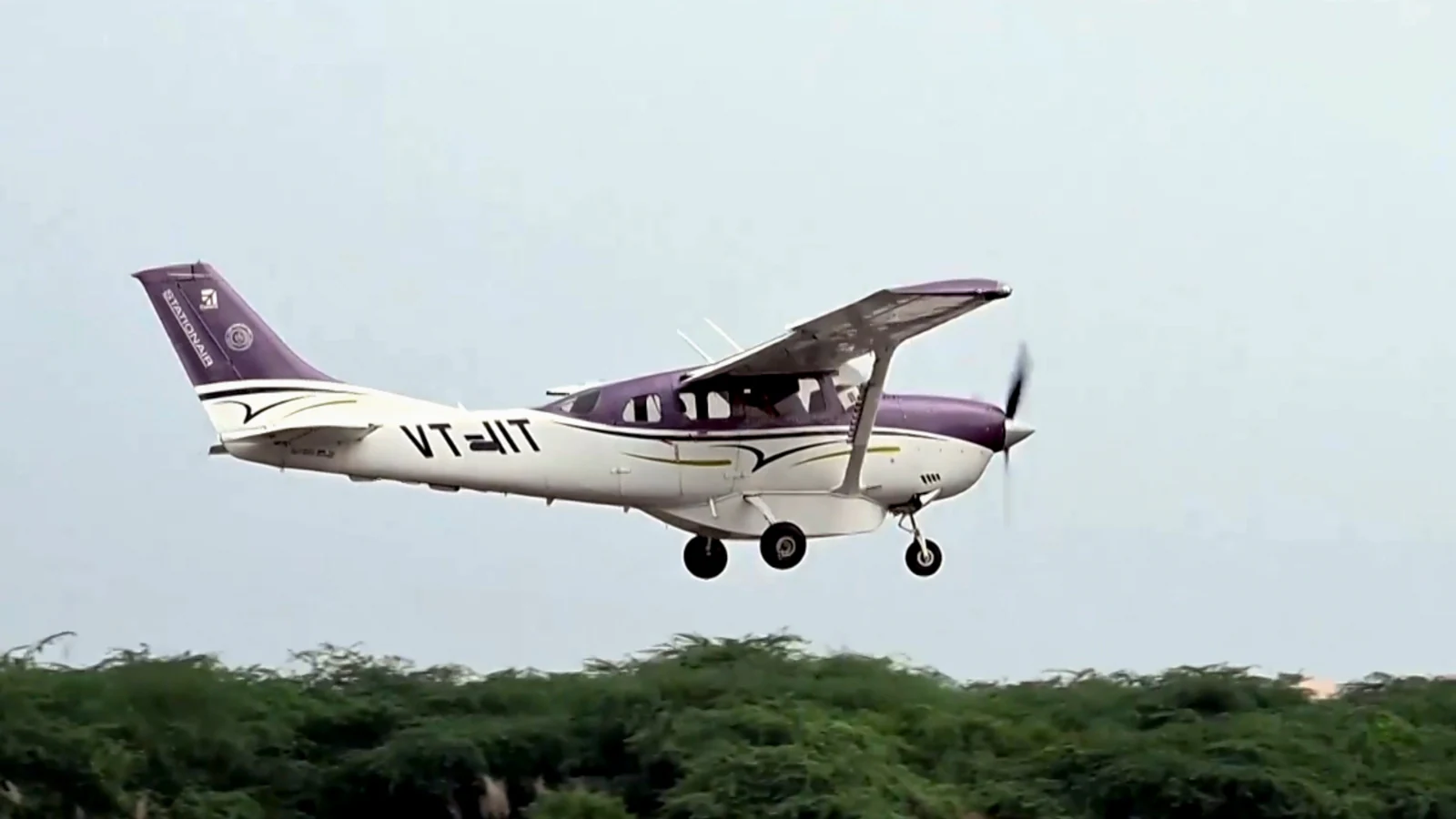Copyright news18

Delhi Environment Minister Manjinder Singh Sirsa on Tuesday claimed that the city recorded light rain and a notable decline in pollution levels following cloud seeding trials, launched to tackle rising air pollution. Citing preliminary data from 20 air quality monitoring stations, Sirsa said there had been a measurable reduction in particulate matter (PM2.5 and PM10) levels after the trials. In Mayur Vihar, Karol Bagh, and Burari, PM2.5 levels dropped from 221, 230, and 229 µg/m³ to 207, 206, and 203 µg/m³, respectively, according to the minister. Similarly, PM10 levels fell from 207–209 µg/m³ to 163–177 µg/m³ in these areas, the minister added. The operation lasted for about 90 minutes, conducted under humidity levels of 15–20%—slightly below the ideal range but considered adequate for testing purposes. Sirsa said preliminary observations showed light rainfall measuring 0.1–0.2 mm around the Delhi–Noida border, along with a noticeable reduction in pollution levels following the exercise. He stated that a detailed scientific report on the experiment’s impact is being prepared. “This is India’s most ambitious scientific step in urban pollution control. Under the guidance of our Prime Minister and Chief Minister, Delhi is committed to transparent, science-based action to ensure cleaner air for all citizens,” Sirsa remarked. The minister also confirmed that the cloud seeding experiment will continue, with the next phase of operations expected to run through February 2026, depending on the results of the initial trials. The Delhi Cabinet on May 7 approved a proposal to conduct five cloud seeding trials at a total cost of Rs 3.21 crore. Earlier on September 25, the Delhi government signed a memorandum of understanding with IIT Kanpur to carry out five cloud seeding trials, all of which were planned in northwest Delhi. The Directorate General of Civil Aviation earlier granted permission to IIT Kanpur to conduct the trials any time between October 1 and November 30. Clearances have also been secured from more than 10 central and state departments, including the Union ministries of environment, defence and home, the Uttar Pradesh government, the Airports Authority of India, and the Bureau of Civil Aviation Security, among others. However, the exercise faced multiple postponements due to unfavourable weather and monsoon conditions, including deadlines set for May-end, early June, August, September and, most recently, the second week of October.



